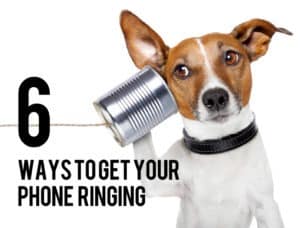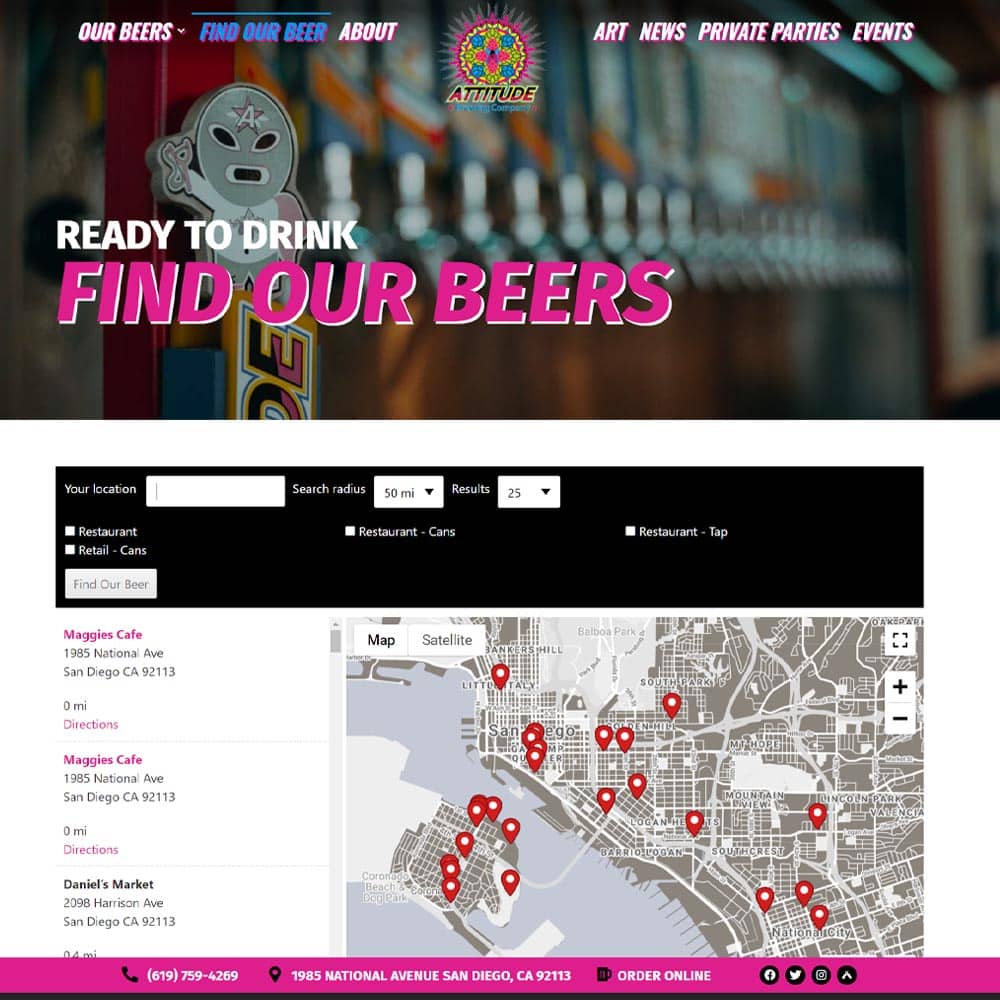There’s not much that a small business can do to annoy you like begging you for a review. This is why Yelp actually discourages review solicitation: it bugs people and may even lead to negative reviews.
You don’t want to put that pressure on your customers, not only because Yelp discourages it, but because it doesn’t really work. Rather than begging for reviews, what you want to do is create engagement, you want to let your customers know about your Yelp presence so that they have an opportunity to engage with you, to be heard and to participate.

Put the Aim on Engagement Itself
The reviews are a bonus. The engagement itself is what you’re really after. A customer who is engaged is more likely to recommend you to a friend, more likely to come again, and yes, more likely to give you a positive review on Yelp and similar sites and resources.
Follow Up
Depending on the size of your small business, you might not be able to do this with every single customer, but taking the initiative to make a follow up contact yourself can make a tremendous difference in engagement. Assuming that you bought a power drill from one store and a band saw from another to work on your garage, and you find yourself needing a new hammer a week later, would you be more likely to buy from the people who sent an email along to ask how your new powertool was working, or the people that didn’t? Waiting for the customer to take the first step to engagement doesn’t always work. Don’t pester your customers, but let them know that they’re appreciated and they may take the next step in engagement.
Link to Yelp, but Unobtrusively

Address the Negative Reviews
Arguing with negative reviews is bad publicity. Making up for whatever led to that bad review isn’t. Make use of negative reviews as an opportunity to get some good publicity by replacing a faulty product or adjusting your service based on the feedback you’re getting. A negative review can be a bigger boon than a positive review as it can help you to improve, and to publicly announce that you’re making things better. If you’re still fearful you won’t know how to address a negative review, check out our post on How to Deal With Bad Yelp Reviews to help you through the process.
In short: Let people know that you’re on Yelp, just don’t beat them over the head with it.







